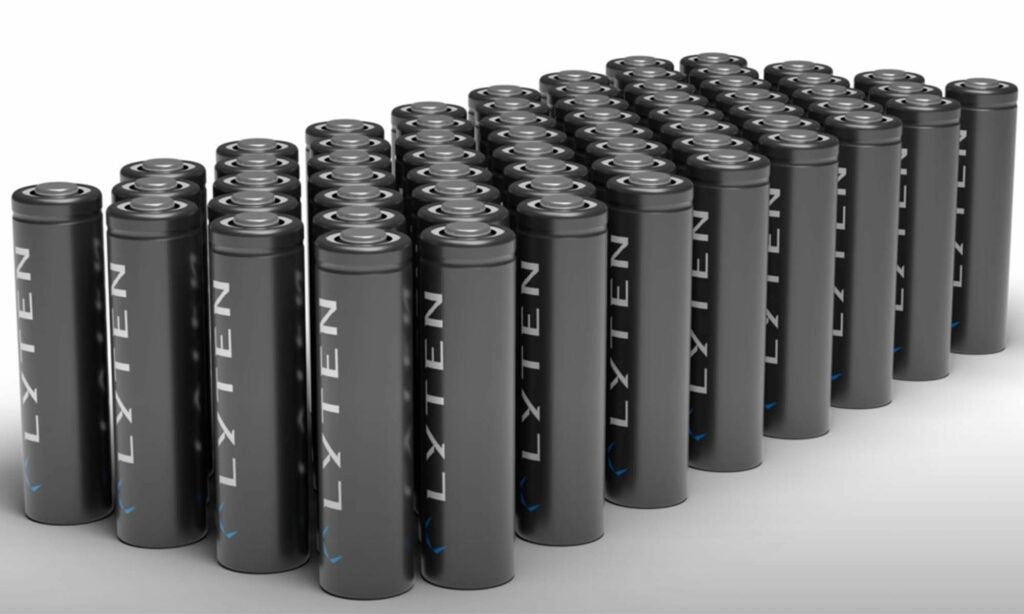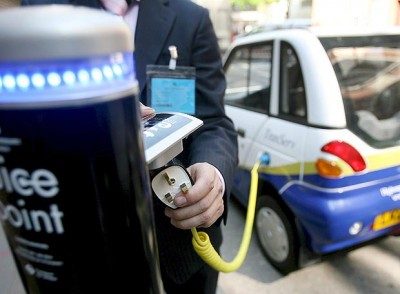Korean scientists have achieved a new milestone in energy: they have managed to extend the lifespan of lithium batteries by up to 750% using only water.
This breakthrough was achieved by researchers from the Korea Advanced Institute of Science and Technology (KAIST). This advance was made possible by using an innovative and environmentally friendly process that uses water as the sole solvent.
Challenges of Lithium Batteries
Lithium metal, considered the most promising anode material to overcome the performance limitations of current commercial batteries, faces critical challenges such as short lifespan and the risk of fires.
However, the team led by Professor Il-Doo Kim from the Department of Materials Science and Engineering at KAIST, in collaboration with Professor Jiyoung Lee from Ajou University, found a solution.
They created a protective layer of hollow nanofibers that stabilizes lithium growth and dramatically improves the lifespan of these batteries.
 Lithium batteries.
Lithium batteries.
Traditional layering technologies have always used expensive materials and toxic processes. Furthermore, they usually offer limited improvements in lithium anode performance.
In contrast, the method developed by the KAIST team uses hollow nanofibers manufactured through an ecological electrospinning process.
How the Korean Method Works
This process uses guar gum, a plant-derived material, and water as the sole solvent.
The protective layer not only stabilizes the chemical reactions between lithium ions and the electrolyte, but also prevents the uncontrolled accumulation of lithium ions on the metal surface.
This is achieved thanks to the hollow spaces within the nanofibers, which act as a physical and chemical control mechanism for lithium growth.
Successful Results
 The need to extend the lifespan of lithium batteries.
The need to extend the lifespan of lithium batteries.
Lithium metal anodes treated with this innovative protective layer showed a 750% increase in their lifespan compared to conventional anodes.
Furthermore, the battery maintained 93.3% of its capacity even after 300 charge and discharge cycles, an unprecedented performance worldwide.
Another highlight of this technology is its sustainability. Researchers found that the protective layer completely decomposes in about a month when exposed to soil, ensuring that it is environmentally friendly, both in its manufacturing and disposal.
The development of this technology not only significantly improves the performance of lithium metal batteries but could also transform the way batteries are manufactured and disposed of globally.
Have you visited our YouTube channel yet? Subscribe now!

